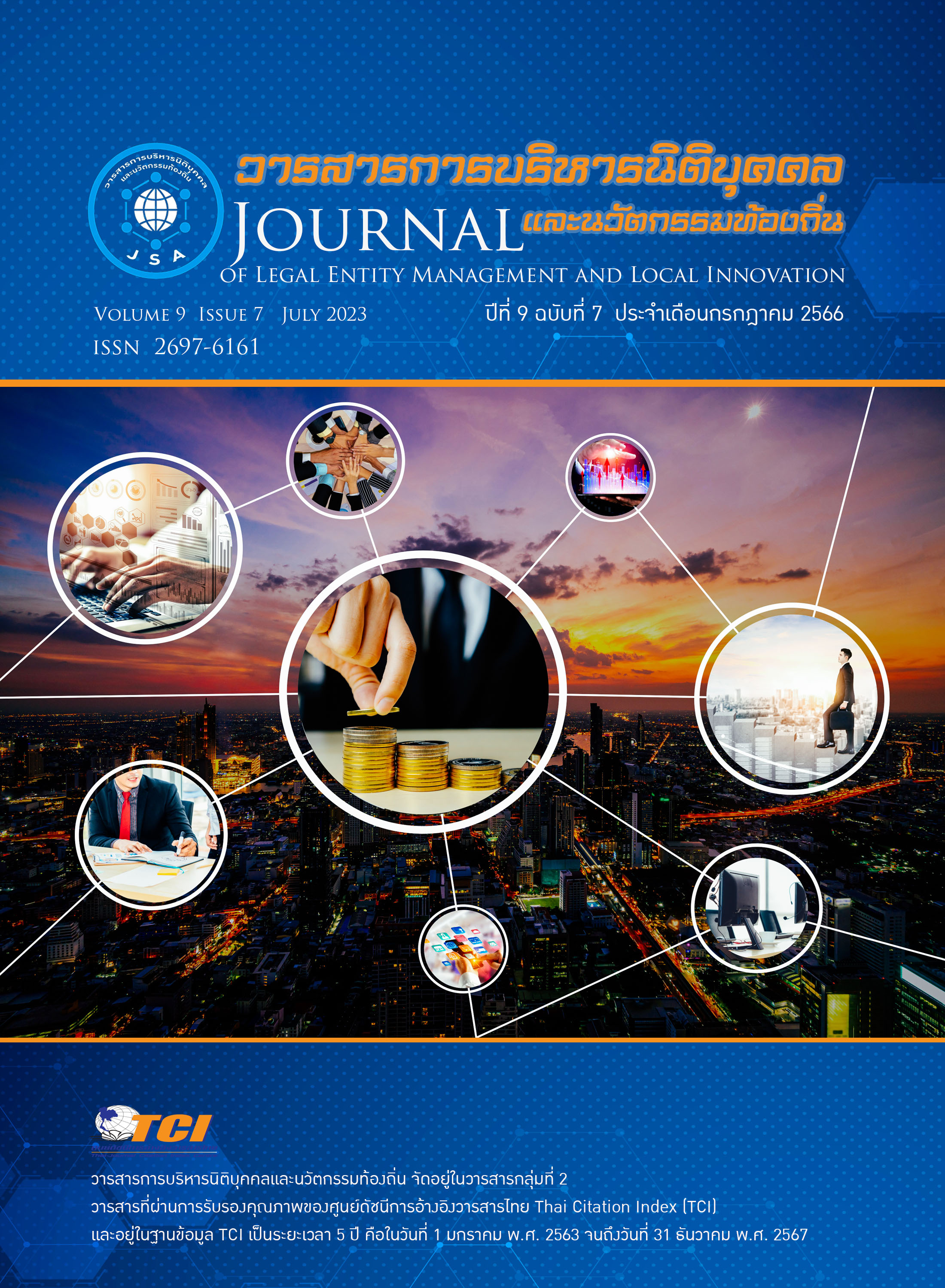The Study of Translation Principles to Translate Volleyball News from Chinese to Thai
Keywords:
translation principles, sport news, VolleyballAbstract
This research aimed to study the problems of Volleyball news translation from Thai to Chinese and to study solutions to solve the problems at the level of lexicons, phrases, and technical terms. The data was collected from volleyball news published on the website (http://www.volleychina.org) of the China Volleyball Association or 中国排球协会官方网站 from 2020 to 2021. This study used the translation method based on the basic translation theory and self-practice translation. The results found that (1) the problems of volleyball lexical translation were technical terms translation, interpretation or comprehension, lack of a dictionary of sport-specific technical terms, word choice in translation, and third-language vocabulary (English) translation. (2) the problems of volleyball phrases or technical terms translation were third-language vocabulary (English) translation, interpretation or comprehension, lack of competition experiences, and lack of knowledge about the rules of Volleyball matches.In addition, the solutions to solve those translation problems were (1) the translators should study the meaning or function of that word in a particular field. (2) The translators should choose the words in a third language (English) to convey meaning. (3) The translators should re-read the manuscript several times to create an imaginative of using words. (4) The translators should study the functions of words that the translator does not understand based on explanations from native speakers. (5) The translators should study the nature of language in volleyball and how to use it. (6) The translator should monitor the live broadcasts or tape recordings of the matches regularly and must listen to Thai subtitles to increase their knowledge of using specific Thai vocabulary in volleyball. (7) The translators should study the rules of Volleyball competitions as much as possible.


